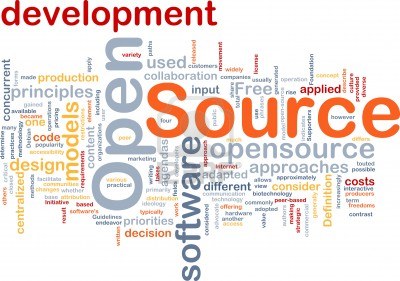Theme 4: Open Everything
Hello, I am Dr. Claus Rinner, an Associate Professor in the Department of Geography and program director of the Master of Spatial Analysis (MSA) at Ryerson University. My research focuses on the decision support function of maps and geographic information systems (GIS), and the underlying concepts of cartography, geovisualization, public participation, and multi-criteria decision analysis. I plan to contribute to the GeoThink research partnership through students at all levels of study.
Edgar Baculi, a second-year undergraduate student in Ryersons BA in Geographic Analysis, is co-funded by Geothink and the Ontario work-study program. Edgar started an exploration of the City of Toronto’s open data portal, toronto.ca/open, with attention to the data formats and data types available for download. He found that 91 of Toronto’s 133 open datasets have a geospatial component. About one half of these are available in ESRI’s shapefile format. Edgar plans to extend his contents analysis to the open data catalogues of other municipal partners of GeoThink. This complements a planned longitudinal survey of municipal open data initiatives by two other GeoThink researchers, Dr. Peter Johnson and Dr. Pamela Robinson, within Theme 4. Edgar will also start to examine the demand side of open data in terms of their use by local journalists in news reporting and by Ryerson professors in Geography classes and GIS labs.
Together with Dr. Pamela Robinson of Ryerson’s School of Urban and Regional Planning, I am also collaborating with the Neptis Foundation, a key GeoThink partner. With funding from Neptis, incoming MSA student Michael Markieta has upgraded and installed the Neptis Geoweb tool on a Ryerson server for use in research and by other GeoThink partners. The tool includes a mapping interface with a rich collection of datasets for the Toronto region, including a settlement development layer that Neptis combined from the individual land-use plans of dozens of Ontario municipalities. The tool also includes a discussion forum, and Michael’s Master’s research will examine the analytical and decision support function of such participatory Geoweb tools.
My PhD student Victoria Fast will also be involved in the GeoThink project. Victoria recently presented a novel framework for understanding volunteered geographic information (VGI) through a “systems perspective” (http://digitalcommons.ryerson.ca/geography/47/). On this basis and a survey of existing VGI projects, Victoria wants to outline a path for effective deployment of the Neptis Geoweb tool in climate change adaptation planning, an important consideration for municipalities and regions worldwide.
If you would like to participate in research around mapping tools for land use planning and decision support, open data formats, implications of participatory mapping for news media, or tools for urban and regional climate change adaptation, please contact me at crinner at ryerson dot ca.




